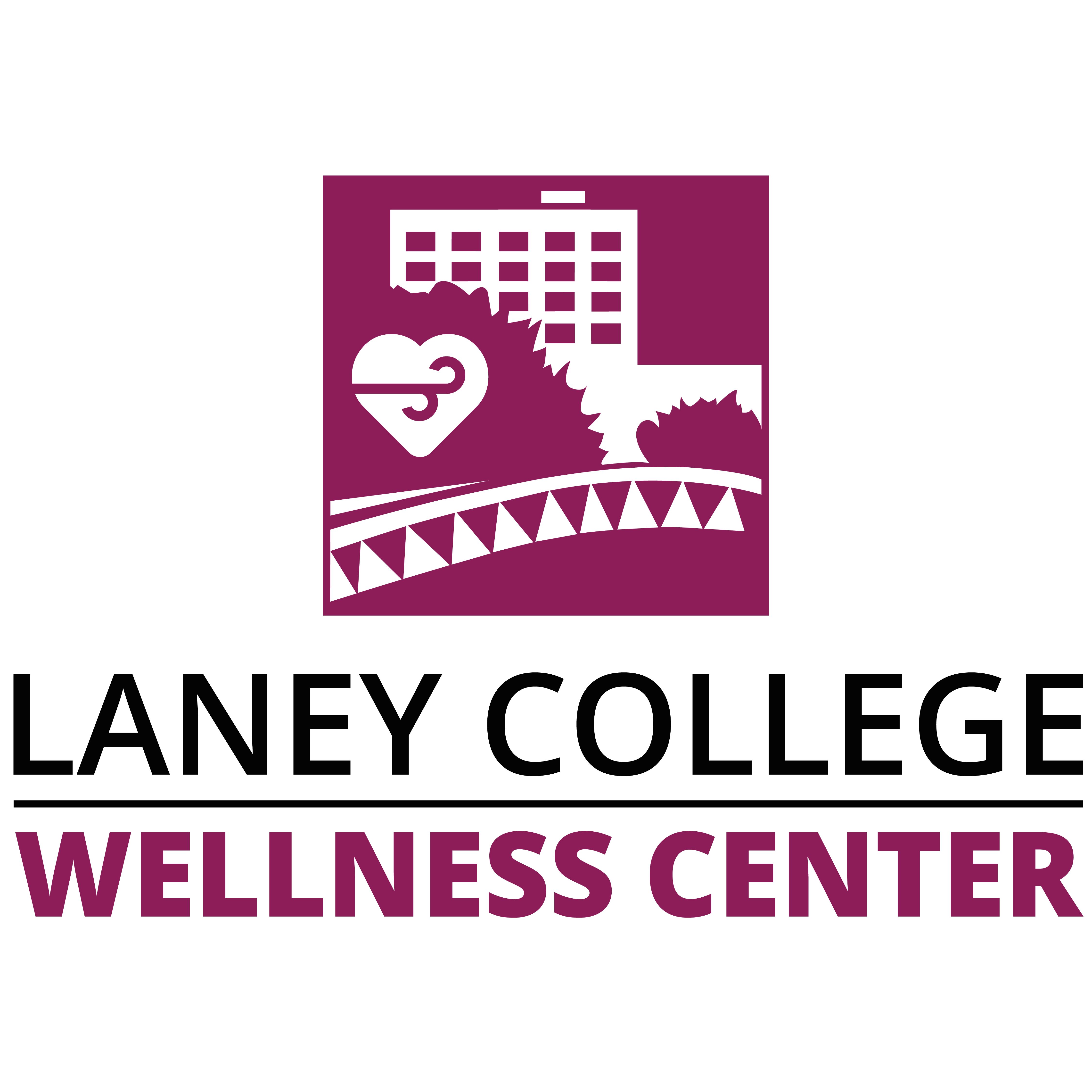What is sexual assault?
Sexual assault and abuse is any type of sexual activity that you do not agree to, including:
- inappropriate touching
- vaginal, anal, or oral penetration
- sexual intercourse that you say no to
- rape
- attempted rape
- child molestation
Sexual assault can be verbal, visual, or anything that forces a person to join in unwanted sexual contact or attention. Examples of this are voyeurism (when someone watches private sexual acts), exhibitionism (when someone exposes him/herself in public), incest (sexual contact between family members), and sexual harassment. It can happen in different situations, by a stranger in an isolated place, on a date, or in the home by someone you know.
Rape is a common form of sexual assault. It is committed in many situations — on a date, by a friend or an acquaintance, or when you think you are alone. Educate yourself on “date rape” drugs. They can be slipped into a drink when a victim is not looking. Never leave your drink unattended — no matter where you are. Try to always be aware of your surroundings. Date rape drugs make a person unable to resist assault and can cause memory loss so the victim doesn’t know what happened.
What do I do if I’ve been sexually assaulted?
Take steps right away if you’ve been sexually assaulted.
- Get away from the attacker to a safe place as fast as you can. Then call 911 or the police.
- Call a friend or family member you trust. You also can call a crisis center or a hotline to talk with a counselor. One hotline is the National Sexual Assault Hotline at 800-656-HOPE (4673). Feelings of shame, guilt, fear, and shock are normal. It is important to get counseling from a trusted professional.
- Do not wash, comb, or clean any part of your body. Do not change clothes if possible, so the hospital staff can collect evidence. Do not touch or change anything at the scene of the assault.
- Go to your nearest hospital emergency room as soon as possible. You need to be examined, treated for any injuries, and screened for possible sexually transmitted diseases (STDs) or pregnancy. The doctor will collect evidence using a rape kit for fibers, hairs, saliva, semen, or clothing that the attacker may have left behind.
- You or the hospital staff can call the police from the emergency room to file a report.
- Ask the hospital staff about possible support groups you can attend right away.
Where else can I go for help?
If you are sexually assaulted, it is not your fault. Don’t be afraid to ask for help or support. Help is available. You can call these organizations:
- National Domestic Violence Hotline 1-800-799-SAFE (7233) or 1-800-787-3224 (TDD)
- National Sexual Assault Hotline 1-800-656-HOPE (4673)
There are many organizations and hotlines in every state and territory. These crisis centers and agencies work hard to stop assaults and help victims. For general information on improve health and wellness please check out http://www.womenshealth.gov/violence/state/.
You also can obtain the numbers of shelters, counseling services, and legal assistance in your phone book.
How can I protect myself from being sexually assaulted?
There are things you can do to reduce your chances of being sexually assaulted. Follow these tips from the National Crime Prevention Council.
- Be aware of your surroundings — who’s out there and what’s going on.
- Walk with confidence. The more confident you look, the stronger you appear.
- Don’t let drugs or alcohol cloud your judgment.
- Be assertive — don’t let anyone violate your space.
- Trust your instincts. If you feel uncomfortable in your surroundings, leave.
- Don’t prop open self-locking doors.
- Lock your door and your windows, even if you leave for just a few minutes.
- Watch your keys. Don’t lend them. Don’t leave them. Don’t lose them. And don’t put your name and address on the key ring.
- Watch out for unwanted visitors. Know who’s on the other side of the door before you open it.
- Be wary of isolated spots, like underground garages, offices after business hours, and apartment laundry rooms.
- Avoid walking or jogging alone, especially at night. Vary your route. Stay in well-traveled, well-lit areas.
- Have your key ready to use before you reach the door — home, car, or work.
- Park in well-lit areas and lock the car, even if you’ll only be gone a few minutes.
- Drive on well-traveled streets, with doors and windows locked.
- Never hitchhike or pick up a hitchhiker.
- Keep your car in good shape with plenty of gas in the tank.
- In case of car trouble, call for help on your cellular phone. If you don’t have a phone, put the hood up, lock the doors, and put a banner in the rear mirror that says, “Help. Call police.”
How can I help someone who has been sexually assaulted?
You can help someone who is abused or who has been assaulted by listening and offering comfort. Go with her or him to the police, the hospital, or to counseling. Reinforce the message that she or he is not at fault and that it is natural to feel angry and ashamed.
More Information . . .
For more information on sexual assault, contact the National Women’s Health Information Center at 800-994-9662 or the following organizations:
Asian Women’s Shelter
San Francisco, CA
Phone: (877) 751-0880
Internet Address: https://www.sfaws.org/
Bay Area Women Against Rape
Oakland, CA
Phone: (510) 845-7273
Internet Address: https://bawar.org/
Division of Violence Prevention, NCIPC, CDC, HHS
Phone: (770) 488-4362
Internet Address: http://www.cdc.gov/ncipc/dvp/dvp.htm
Office on Violence Against Women, OJP, DOJ
Phone: (800) 799-7233
Internet Address: http://www.ojp.usdoj.gov/vawo
Narika
Fremont, CA
Phone: (800) 215-7308
Internet Address: https://www.narika.org/
National Center for Victims of Crime
Phone: (800) 394-2255
Internet Address: http://www.ncvc.org
National Crime Prevention Council
Phone: (202) 466-6272
Internet Address: http://www.ncpc.org
National Domestic Violence Hotline
Phone: (800) 799-SAFE (7233)
Internet Address: http://www.ndvh.org
National Sexual Violence Resource Center
Phone: (877) 739-3895
Internet Address: http://www.nsvrc.org
Rape, Abuse, and Incest National Network
Phone: (800) 656-HOPE (4673)
Internet Address: http://www.rainn.org





